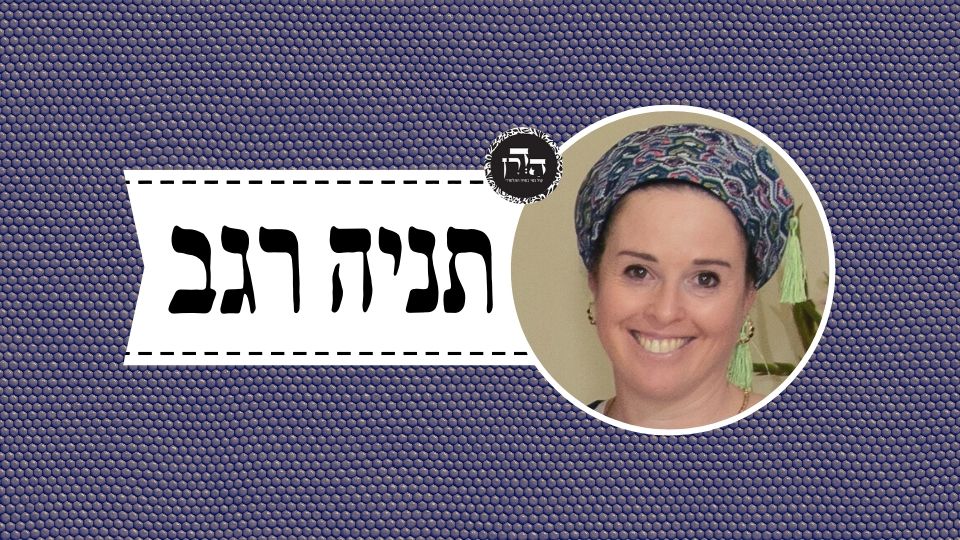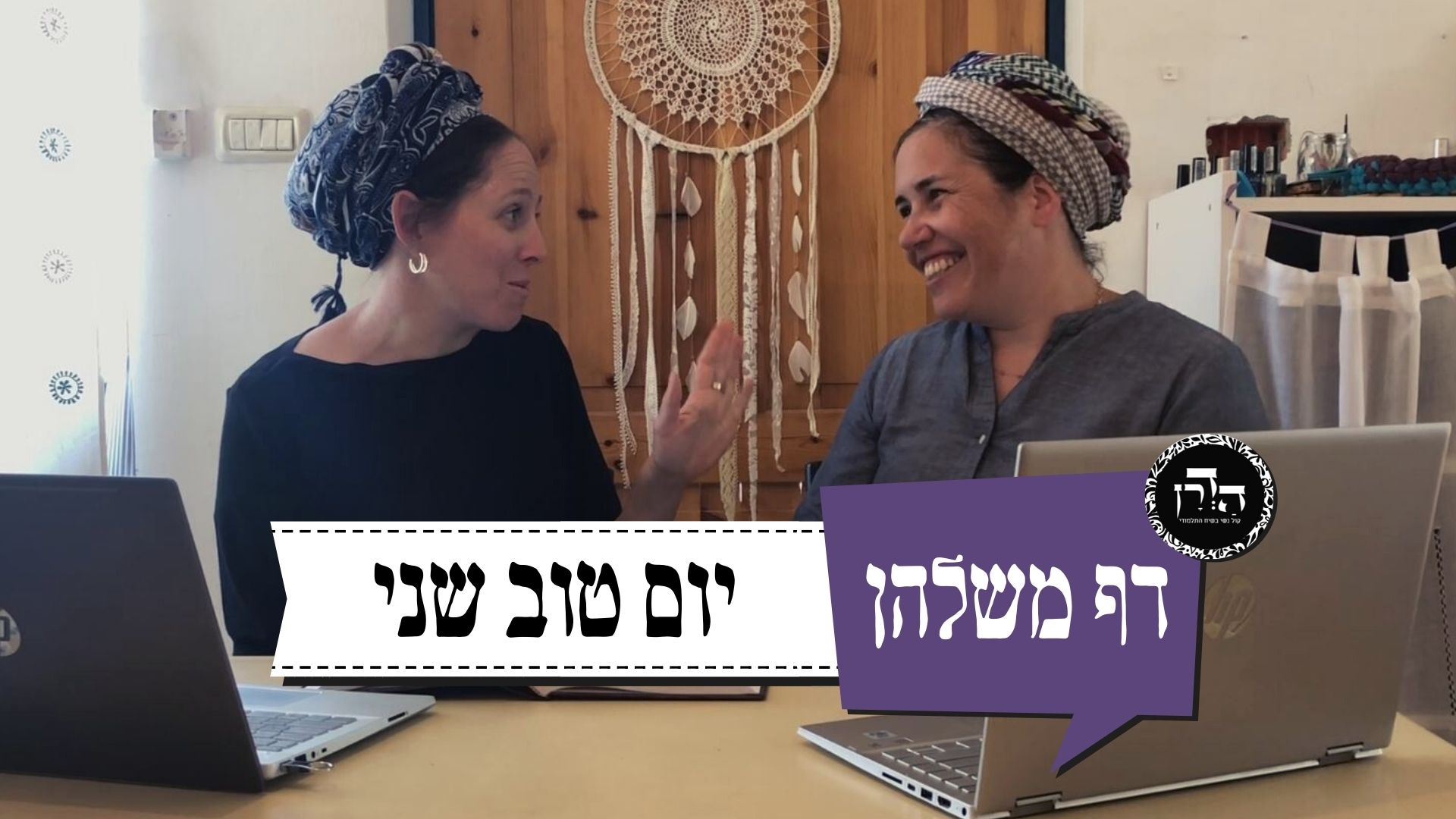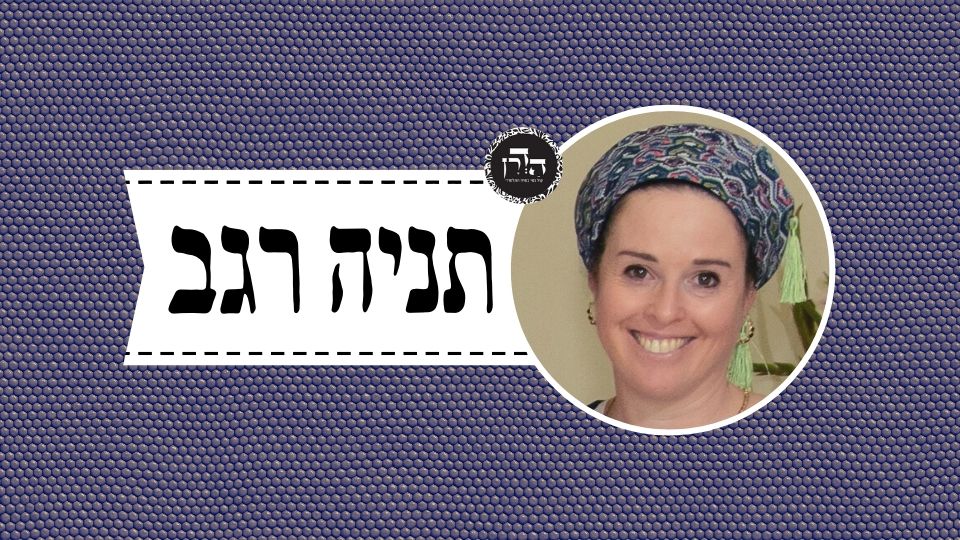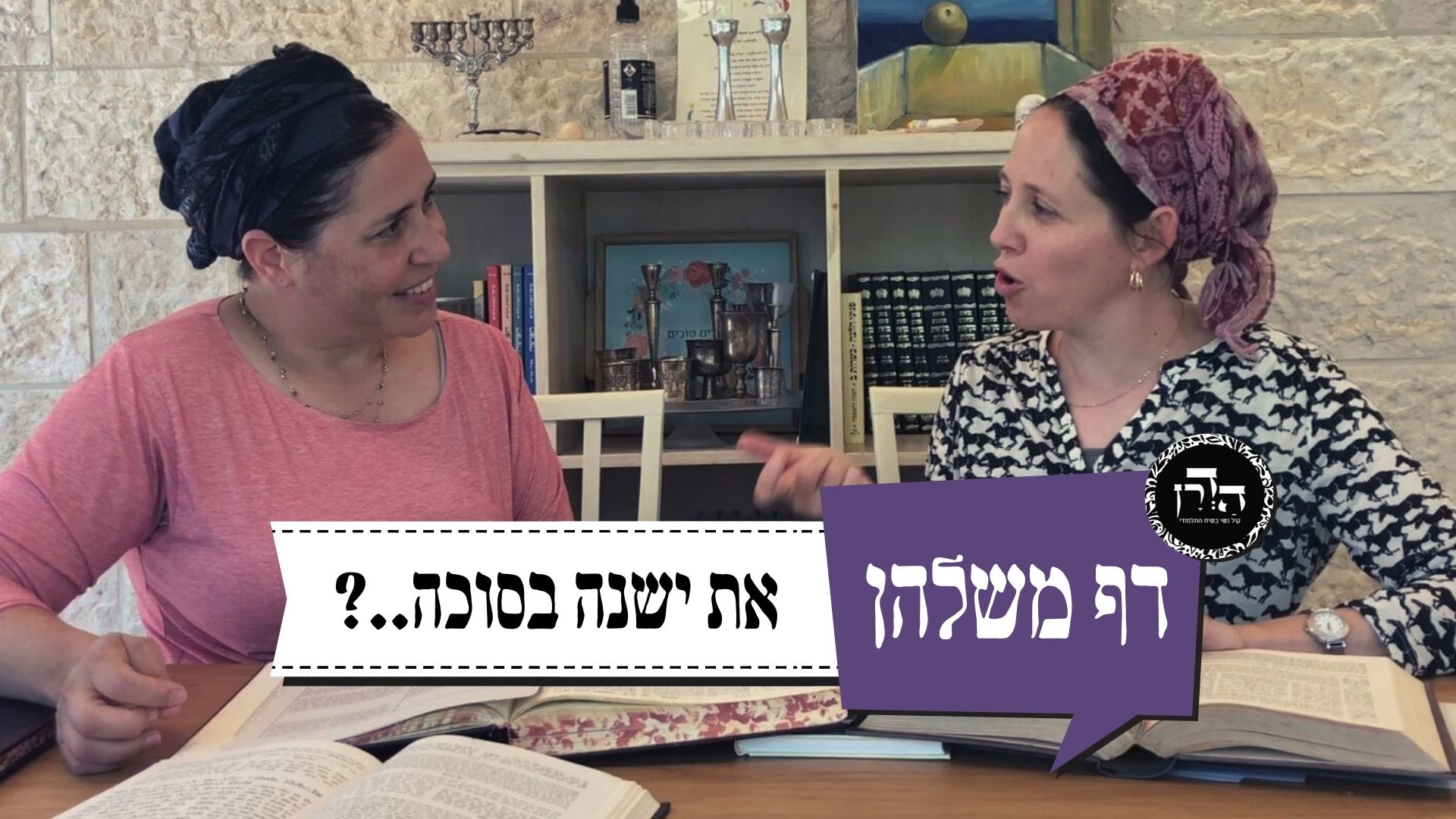סוכה ל
מִשּׁוּם דְּהָוֵה לֵיהּ מִצְוָה הַבָּאָה בַּעֲבֵירָה, שֶׁנֶּאֱמַר: ״וַהֲבֵאתֶם גָּזוּל וְאֶת הַפִּסֵּחַ וְאֶת הַחוֹלֶה״. גָּזוּל דּוּמְיָא דְּפִסֵּחַ, מָה פִּסֵּחַ לֵית לֵיהּ תַּקַּנְתָּא — אַף גָּזוּל לֵית לֵיהּ תַּקַּנְתָּא, לָא שְׁנָא לִפְנֵי יֵאוּשׁ וְלָא שְׁנָא לְאַחַר יֵאוּשׁ.
It is unfit because it is a mitzva that comes to be fulfilled by means of a transgression, which renders the mitzva unfulfilled, as it is stated: “And you have brought that which was stolen and the lame, and the sick; that is how you bring the offering; should I accept this of your hand? says the Lord” (Malachi 1:13). Based on the juxtaposition in the verse, it is derived that the legal status of a stolen animal is equivalent to that of a lame animal. Just as a lame animal, because it is blemished, has no remedy and is unfit for use, so too, a stolen animal has no remedy. There is no difference before the owners reach a state of despair of recovering the stolen animal, and there is no difference after despair. In both cases there is no remedy.
בִּשְׁלָמָא לִפְנֵי יֵאוּשׁ — ״אָדָם כִּי יַקְרִיב מִכֶּם״ אָמַר רַחֲמָנָא, וְלָאו דִּידֵיהּ הוּא. אֶלָּא לְאַחַר יֵאוּשׁ — הָא קַנְיֵיהּ בְּיֵאוּשׁ! אֶלָּא לָאו, מִשּׁוּם דְּהָוֵה לֵיהּ מִצְוָה הַבָּאָה בַּעֲבֵירָה.
The Gemara elaborates: Granted, before the despair of the owner, the robber may not sacrifice the animal because the animal does not belong to him. The Merciful One says: “When a person sacrifices from yours an offering” (Leviticus 1:2). The term “from yours” indicates that the animal must belong to the one sacrificing it, and this stolen animal is not his. However, after the despair of the owner, didn’t the robber acquire the animal with the despair? Once the owner despairs, the animal belongs to the robber, despite the fact that he incurs a debt that he must repay the owner. Since the animal is legally his, why is it prohibited for the robber to sacrifice it as an offering? Rather, is it not because the offering is a mitzva that comes by means of a transgression? Since the animal came into his possession by means of a transgression, it is unfit for use in fulfilling a mitzva.
וְאָמַר רַבִּי יוֹחָנָן מִשּׁוּם רַבִּי שִׁמְעוֹן בֶּן יוֹחַי: מַאי דִּכְתִיב: ״כִּי אֲנִי ה׳ אוֹהֵב מִשְׁפָּט שׂוֹנֵא גָזֵל בְּעוֹלָה״ — מָשָׁל לְמֶלֶךְ בָּשָׂר וָדָם שֶׁהָיָה עוֹבֵר עַל בֵּית הַמֶּכֶס, אָמַר לַעֲבָדָיו: תְּנוּ מֶכֶס לַמּוֹכְסִים. אָמְרוּ לוֹ: וַהֲלֹא כׇּל הַמֶּכֶס כּוּלּוֹ שֶׁלְּךָ הוּא? אָמַר לָהֶם: מִמֶּנִּי יִלְמְדוּ כׇּל עוֹבְרֵי דְּרָכִים וְלֹא יַבְרִיחוּ עַצְמָן מִן הַמֶּכֶס. אַף הַקָּדוֹשׁ בָּרוּךְ הוּא אָמַר: ״אֲנִי ה׳ שׂוֹנֵא גָזֵל בְּעוֹלָה״, מִמֶּנִּי יִלְמְדוּ בָּנַי וְיַבְרִיחוּ עַצְמָן מִן הַגָּזֵל.
And Rabbi Yoḥanan said in the name of Rabbi Shimon ben Yoḥai: What is the meaning of that which is written: “For I the Lord love justice, I hate robbery in a burnt-offering” (Isaiah 61:8)? The Gemara cites a parable of a flesh-and-blood king who was passing by a customs house. He said to his servants: Pay the levy to the taxmen. They said to him: Doesn’t all the tax in its entirety belong to you? If the taxes will ultimately reach the royal treasury, what is the point of paying the levy? He said to them: From my conduct, all travelers will learn and will not evade payment of the tax. So too, the Holy One, Blessed be He, said: “I the Lord… hate robbery in a burnt-offering.” Although the whole world is His and the acquisitions of man have no impact upon Him, God says: From My conduct, My children will learn and distance themselves from robbery, even from robbery unrelated to the needs of offerings.
אִתְּמַר נָמֵי, אָמַר רַבִּי אַמֵּי: יָבֵשׁ פָּסוּל מִפְּנֵי שֶׁאֵין הָדָר, גָּזוּל פָּסוּל מִשּׁוּם דְּהָוֵה לֵיהּ מִצְוָה הַבָּאָה בַּעֲבֵירָה.
It was also stated: Rabbi Ami said: A dry lulav is unfit because it does not meet the criterion of beauty, and a stolen lulav is unfit because it is a mitzva that comes by means of a transgression.
וּפְלִיגָא דְּרַבִּי יִצְחָק. דְּאָמַר רַבִּי יִצְחָק בַּר נַחְמָנִי אָמַר שְׁמוּאֵל: לֹא שָׁנוּ, אֶלָּא בְּיוֹם טוֹב רִאשׁוֹן, אֲבָל בְּיוֹם טוֹב שֵׁנִי, מִתּוֹךְ שֶׁיּוֹצֵא בְּשָׁאוּל — יוֹצֵא נָמֵי בְּגָזוּל.
The Gemara notes: And Rabbi Ami disagrees with the opinion of Rabbi Yitzḥak, as Rabbi Yitzhak bar Naḥmani said that Shmuel said: The Sages taught that the halakha that a stolen lulav is unfit applies only with regard to the first day of the festival of Sukkot. However, beginning on the second day of the Festival, there is no longer a Torah requirement to use a lulav from one’s own property. Since one fulfills his obligation with a borrowed lulav, one fulfills his obligation with a stolen one as well.
מֵתִיב רַב נַחְמָן בַּר יִצְחָק: לוּלָב הַגָּזוּל וְהַיָּבֵשׁ — פָּסוּל, הָא שָׁאוּל — כָּשֵׁר. אֵימַת? אִילֵּימָא בְּיוֹם טוֹב רִאשׁוֹן, הָא כְּתִיב: ״לָכֶם״ — מִשֶּׁלָּכֶם, וְהַאי לָאו דִּידֵיהּ הוּא. אֶלָּא לָאו, בְּיוֹם טוֹב שֵׁנִי, וְקָתָנֵי גָּזוּל — פָּסוּל!
Rabbi Naḥman bar Yitzḥak raises an objection from the mishna: A lulav that was stolen or that is completely dry is unfit. By inference, one concludes that a borrowed lulav is fit for use. The Gemara asks: When does this halakha apply? If you say that it applies only on the first day of the Festival, isn’t it written: “And you shall take for yourselves on the first day,” indicating that the four species must be taken from your own property, and this borrowed lulav is not his? Clearly, the mishna is not referring to the first day. Rather, is it not that the mishna is referring to the second day of the Festival, and the mishna teaches that a stolen lulav is unfit on this day too, contrary to Shmuel’s opinion?
(רָבָא אָמַר:) לְעוֹלָם בְּיוֹם טוֹב רִאשׁוֹן, וְלָא מִיבַּעְיָא קָאָמַר: לָא מִיבַּעְיָא שָׁאוּל דְּלָאו דִּידֵיהּ הוּא, אֲבָל גָּזוּל, אֵימָא: סְתַם גְּזֵילָה יֵאוּשׁ בְּעָלִים הוּא, וּכְדִידֵיהּ דָּמֵי, קָא מַשְׁמַע לַן.
Rava said: Actually, the mishna can be explained as referring to the first day of the Festival, and the tanna is stating the halakha employing the didactic style: It was not necessary. It was not necessary to state that one does not fulfill his obligation with a borrowed lulav, as it is not his. However, with regard to a stolen lulav, say: Barring extraordinary circumstances, standard robbery is a case that leads to despair of the owners, and despite the fact that a stolen lulav was acquired by means of a transgression, its legal status is like the robber’s own property. Therefore, the mishna teaches us that this is not so. One does not fulfill his obligation with a stolen lulav. The mishna is not a refutation of Shmuel’s opinion.
אֲמַר לְהוּ רַב הוּנָא לְהָנְהוּ אֲוַונְכָּרֵי: כִּי זָבְנִיתוּ אָסָא מִגּוֹיִם — לָא תִּגְזְזוּ אַתּוּן, אֶלָּא לִגְזְזוּהּ אִינְהוּ וְיָהֲבוּ לְכוּ. מַאי טַעְמָא — סְתָם גּוֹיִם גַּזְלָנֵי אַרְעָתָא נִינְהוּ
§ Apropos the unfitness of four species acquired through robbery, the Gemara relates: Rav Huna said to the merchants [avankarei] selling the four species: When you purchase myrtle branches from gentiles, don’t you cut them off the tree? Rather, let the gentiles cut them and give them to you. What is the reason for this advice? It is because typical gentiles are land robbers,
וְקַרְקַע אֵינָהּ נִגְזֶלֶת. הִלְכָּךְ לִגְזְזוּהּ אִינְהוּ, כִּי הֵיכִי דְּלִיהְווֹ יֵאוּשׁ בְּעָלִים בִּידַיְיהוּ דִּידְהוּ וְשִׁינּוּי הָרְשׁוּת בִּידַיְיכוּ.
and land is not stolen. When one seizes land, the land remains the property of its original owner, even if that owner has despaired. In this case, there is concern that these myrtle branches were stolen from Jews. Therefore, let the gentiles cut the myrtle branches, so that the despair of the owners will be when the myrtle branches are still in the hands of the gentiles and the change of possession will be accomplished through their purchase and transfer into your hands. The combination of owner’s despair and change of possession will render the myrtle branches the property of the merchants, and it will not be a mitzva fulfilled by means of a transgression.
סוֹף סוֹף כִּי גָזְזוּ אֲוַונְכָּרֵי, לֶיהֱוֵי יֵאוּשׁ בְּעָלִים בִּידַיְיהוּ וְשִׁינּוּי הָרְשׁוּת בִּידַן! לָא צְרִיכָא, בְּהוֹשַׁעְנָא דַּאֲוַונְכָּרֵי גּוּפַיְיהוּ.
The Gemara asks: Ultimately, even when the merchants cut the myrtle branches, let it be a case of despair in their hands, and the change of possession is accomplished through the purchase and transfer of the myrtle branches into the hands of the buyers. Why did Rav Huna advise them to have the gentiles cut the myrtle branches? The same result is achieved through their sale. The Gemara answers: No, it is necessary for Rav Huna to advise the merchants to allow the gentiles to cut the myrtle branches only with regard to the myrtle branches of the merchants themselves, which will not undergo another change of possession. The only way to ensure that the merchants are fulfilling the mitzva with myrtle branches that belong to them is to have the gentiles cut them and have the change of possession accomplished through the purchase from the gentiles.
וְלִיקְנְיוּהּ בְּשִׁינּוּי מַעֲשֶׂה! קָא סָבַר לוּלָב אֵין צָרִיךְ אֶגֶד.
The Gemara asks: And let them acquire the myrtle branches with a physical change accomplished by the action of binding them with the lulav and the willow branch. Just as despair followed by a change in possession effects acquisition, despair followed by a physical change effects acquisition for the one who implements that change. In that case, too, the myrtle branches no longer belong to the original owner. The Gemara answers that Rav Huna holds: A lulav does not require binding. There is no mitzva to bind the four species together. One need only hold them unbound in his hand; therefore, the myrtle branches undergo no action that effects physical change.
וְאִם תִּמְצֵי לוֹמַר לוּלָב צָרִיךְ אֶגֶד, שִׁינּוּי הַחוֹזֵר לִבְרִיָּיתוֹ הוּא, וְשִׁינּוּי הַחוֹזֵר לִבְרִיָּיתוֹ — לָא שְׁמֵיהּ שִׁינּוּי.
And even if you want to say that a lulav requires binding, and therefore the myrtle branches undergo a physical change, it is a change after which the object reverts to its original state. Binding the species effects no change in the myrtle branches themselves. Once the binding is removed, the myrtle branches are restored to their original state. And the principle is: A change after which the object reverts to its original state is not considered a change. It is of no significance with regard to effecting acquisition.
וְלִיקְנְיוּהּ בְּשִׁינּוּי הַשֵּׁם, דְּמֵעִיקָּרָא הֲוָה לֵיהּ אַסָּא וְהַשְׁתָּא
The Gemara asks: And let the merchants acquire a myrtle branch with a change of name that it underwent, as initially it was called a myrtle branch, and now that it is designated for use in fulfilling the mitzva,





































